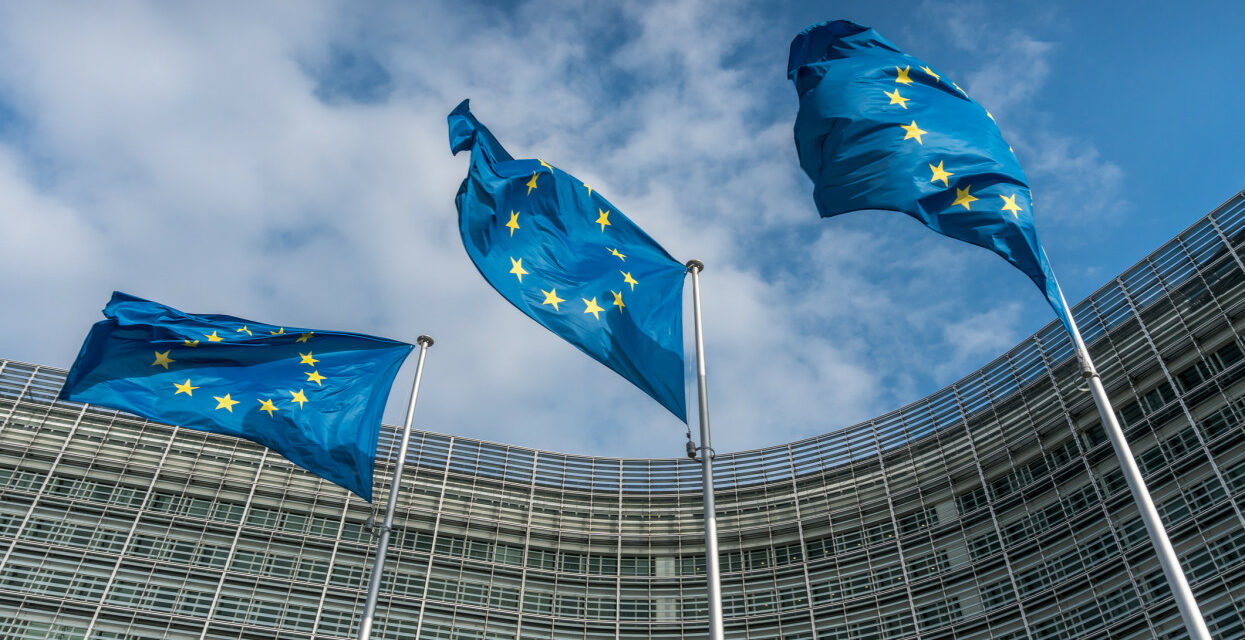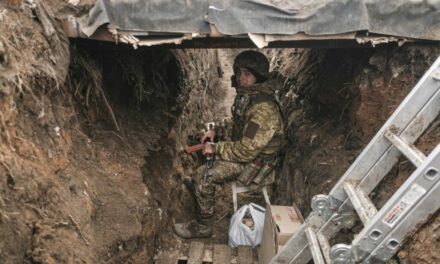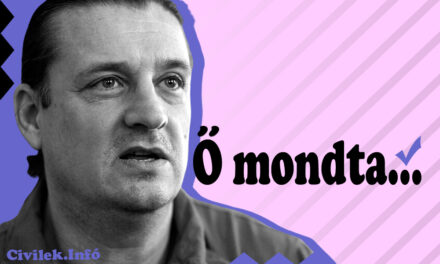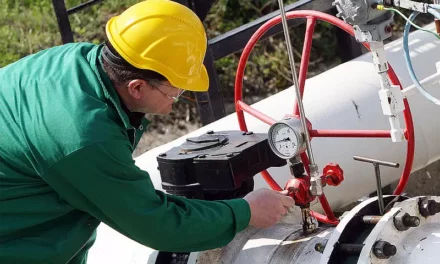The civilization and heritage of Europe is a living reality among us. However, the cooperation of its countries is a legal construct: its future depends on whether it is willing and able to express Europe's voice. Written by Lénárd Sándor.
Who or who and how can shape the fate of Europe? Who act on behalf of the member states? Or those who refer to the founding treaty, specifically the nebulous "European plan"? Is it even possible to separate national and European interest from each other? Who can take responsibility for Europe, and who does it take responsibility for? Who can be the one who can make the sound of Europe sound, or who can still write its history or turn it into a fairy tale?
These are tough questions both in big politics and in courses and study weekends dealing with European law.
I can witness particularly interesting exchanges of opinions when I ask these questions to students from many European countries. After some thought, most people somehow answer the last one by saying that he performs an act of historical significance that (also) defines Europe. Put in a slightly different way: who is able to give an answer expressing European destiny amid the unpredictable eddies of history.
"The legitimacy of the European Parliament must be strengthened with the involvement of national parliaments and publics".
Starting from this collective wisdom, it is worth taking a look at the modern history of Europe. In this period of history, a turning point can be clearly identified: the fall of the Iron Curtain and the Berlin Wall that divided Europe.
The wind of change, in the suffocating misery of the military occupation, the secret police, the persecution of the church, the grayness and confinement that crumpled everything under it, gave back freedom, the self-determination and self-respect of their nation to millions.
Where did this unstoppable wind come from? Mainly from the United States.
Unlike his predecessors, President Ronald Reagan did not seek to avoid defeat, but to win. Of course, this also required that the name of the Soviet Party General Secretary, who recognizes the events of history, is Mikhail Gorbachev.
But was the reunification of Germany and Europe a historical necessity?
A consequence of the unstoppable wind of change? Not at all. Someone had to catch the wind of history in Europe's sails. It was Chancellor Helmut Kohl who did this. He realized that time would not wait any longer, that the unification of Germany must be accomplished now. He saw German reunification and European unification as two sides of the same coin: the vestibule of a comprehensive European order expressing a Christian-democratic heritage.
And although the wind direction was favorable, all this did not go without struggles, compromises and maneuvering.
The chancellor was well aware that to succeed he would have to win American support, win over skeptical European leaders and, last but not least, win the Kremlin's partnership. He successfully faced all of these obstacles: as a national politician, he created a European vision. And even more: from his speech at the Brandenburg Gate in 1987 to his meetings with Gorbachev, Reagan was present as an active shaper of events together with the leaders of the superpowers. He acted, organized, negotiated, achieved results, and the world noticed this, and through him, a Europe capable of action could once again be presented to him.
Europe, buried in the Cold War, has reappeared on the world map. This momentum was impressive both within and outside the integration Europe. This "European plan" captured the Central European countries as well. He was able to address Europe on behalf of Europe.
However, a counterexample is immediately connected to this turn of events. Seeing the unfolding of historical processes, the Brussels and Strasbourg institutions of integration, especially the European Commission and the European Parliament, thought they would discover their own opportunity to set Europe to music.
The integration reforms that began with the Maastricht Treaty in 1993 would have been crowned in the 2004 constitutional treaty, in no small part due to their impatient urging.
And why did they think this was significant? They hoped that with this they could remove the restrictions set in the founding treaties and said to be narrow. In legal terms, this meant that their constantly expanding powers would not (only) have originated from the "High Contracting Parties", but directly from European citizens. In other words: as a consequence of a kind of transfer of power to the member states, they imagined that they would be able to give voice to Europe. The fall that followed was of astonishing depth. France and the Netherlands rejected the European constitutional attempt in a referendum. The signal was clear: this music does not sound European, the people of European countries do not want to listen to it.
Looking back, it can be seen: history elevated Chancellor Kohl, who took the European baton to himself, while the self-proclaimed role of the internal institutions of integration fell.
Countless lessons emerge from this intersection of history. The history of Europe cannot be told or described without the history of its nations. The former presupposes the latter. Just as history cannot be buried in the depths of the cellar, neither can the place, interests, relationships, or, in short, history, of European countries in the world be hidden or dismissed.
Of course, all this does not mean that there is no room for European cooperation.
European cooperation is necessary - today more than ever before - but it is not necessary and not for its own sake. European unity comes from harmonizing interests and ideas, not from overwriting them. The dimension of Kohl's political ideas was given precisely by embedding them in a European framework. Although European cooperation is an ambitious plan, it is cooperation that exists in France, Italy, Poland, Hungary and other European countries. The EU institutions of Brussels, Strasbourg or Luxembourg cannot therefore break away from this. If they do, they face an Icarusian fall.
"Unity comes from aligning interests and visions, not overwriting them."
With the fall of the Iron Curtain, European integration achieved a considerable part of the set goals: the internal market and the four fundamental freedoms were more or less completed, and the European civilizational heritage was also protected from the spread of communist ideology.
However, these results gave false confidence. Despite the failure of the constitution-making attempt, the EP and the European Court of Justice are making more and more frantic and desperate attempts to capture the representation of Europe.
To this end, they are working on detours, creating more and more complicated legal and bureaucratic constructions, to break down the limits set out in the founding contracts and to dissolve the ties. An example of this is the appropriation of the concept of Europeanness. This serves to create a false contrast between who is European and who is not. Instead of discussing Europe's common issues, Brussels institutions are trying to build their careers - and their legitimacy - on judging who is European and who is not. However, the flow of time is unstoppable: the 2010s brought the paradoxical situation that supranational institutions want to act on behalf of Europe through self-renewal, but they proved unable to respond to the successive crises.
This time the price was quite high: the economically and militarily key United Kingdom withdrew from the integration.
The beginning of the 2020s brings new geopolitical crises. There is a big difference between the historical crossroads of 1989 and the early 2020s.
Helsinki, Reykjavík, Stockholm: these cities once provided the venue for the Cold War negotiations that led to the liberation of Europe. It was a position of trust, which is of greater value than anything else. Europe now seems to be losing this position as well. Thirty years ago, Europe, acting through its member states, grasped history by the neck and marked its own place in the world, now the situation is exactly the opposite: the drift of history is grasping the neck of a Europe that has lost its momentum and is uncertain about its goals.
What is the lesson from this? Europe is facing strange times. It has a lot to offer in terms of defensive ability, demographics and competitiveness.
Among the many devastating news, there is still a hopeful one: an old anecdote from our childhood fits the situation in Europe. Aristides runs round and round a pyramid; a lion chases him, almost catches him. Throwing himself on it, Tasziló notices the danger in horror and warns his friend: "Watch out, Aristides, the lion is behind you!" "It's okay," comes the answer, "I have a round advantage."
Although the dangers that are multiplying in the world and the renewed great power competition for spheres of influence and resources present the continent with a difficult situation, there may still be a round of advantages here.
Europe is a civilization standing on rocks and weathering many storms, and its heritage is the inimitable reality that lives in national communities. This impressive intellectual heritage is Europe's regional advantage. In contrast, the cooperation of European countries is a legal construct: its future depends on whether they are able to protect this civilization and its national communities. During the debates, decisions and elections about the future of Europe, the supranational institutions of integration must therefore be freed from their self-serving wanderings, and the member states must not delay in outlining a European vision.
It is a historical experience that Europe cannot be voiced without expressing the debates that embody national aspirations.
The legitimacy of the European Parliament must therefore be strengthened by involving national parliaments and the public. The technocratic European Commission must be freed from the burden of its political role.
In the field of interpretation of the founding treaties, the higher and constitutional courts of the member states must also lend a helping hand. Europe is in trouble, and there is no time to waste any more time today: the Union must be given a European voice.
The author is the head of the MCC International Law Workshop.
Cover image: Getty Images













